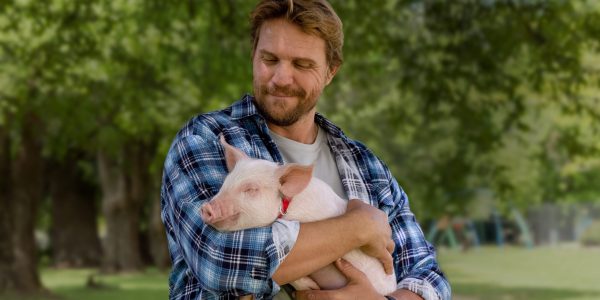It’s no secret that plastic is ending up in places it was never intended to; on streets and beaches, in waterways, and devastatingly, in the stomachs of vulnerable animals. The theme of this upcoming Earth Day (22 April 2024) is Planet vs. Plastics, with the aim of reducing and eliminating plastics for the health of the planet, and the humans and non-human animals who share it.
Here are three simple but powerful actions you can take this Earth Day (and beyond!) to help shape a kinder future for everyone:















